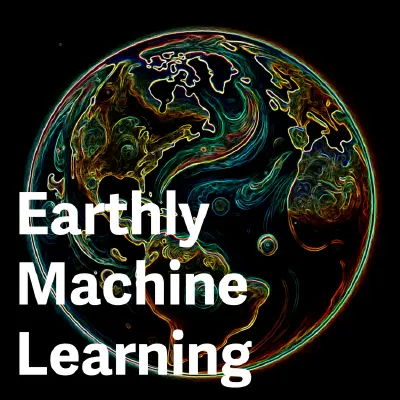🎧 Abstract:In this episode, we explore DiffDA, a novel data assimilation approach for weather forecasting and climate modeling. Built on the foundations of denoising diffusion models, DiffDA uses the pretrained GraphCast neural network to assimilate atmospheric variables from predicted states and sparse observations—providing a data-driven pathway to generate accurate initial conditions for forecasts.
📌 Bullet points summary:
Introduces DiffDA, a machine learning-based data assimilation method that leverages predicted states and sparse observations.
Utilizes the pretrained GraphCast weather model, repurposed as a denoising diffusion model.
Employs a two-phase conditioning strategy: on predicted states (training/inference) and sparse observations (inference only).
Capable of generating assimilated global atmospheric data at 0.25° resolution.
Demonstrates that initial conditions created via DiffDA retain forecast quality with a lead time degradation of at most 24 hours compared to top-tier assimilation systems.
Enables autoregressive reanalysis dataset generation without full observation availability.
💡 The Big Idea:DiffDA represents a step forward in data assimilation—merging the strengths of diffusion models and machine learning to produce accurate, observation-consistent initial conditions for future-focused forecasting.
📚 Citation:Huang, Langwen, et al. "Diffda: a diffusion model for weather-scale data assimilation." arXiv preprint arXiv:2401.05932 (2024). https://doi.org/10.48550/arXiv.2401.059327
